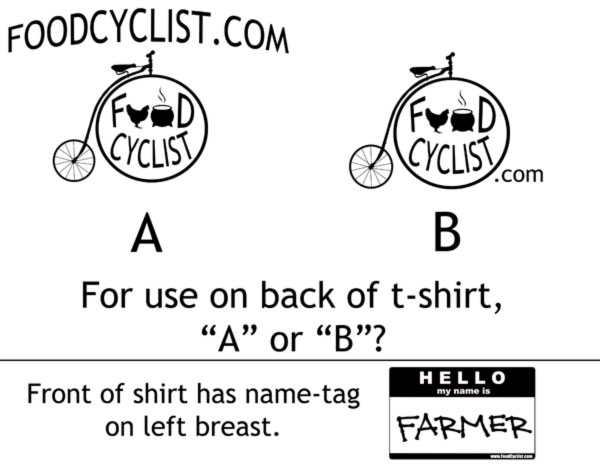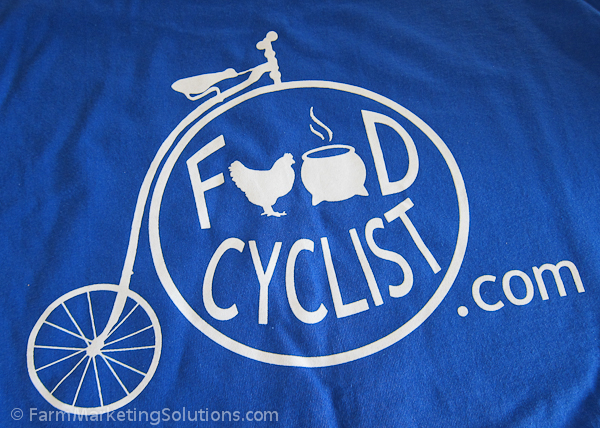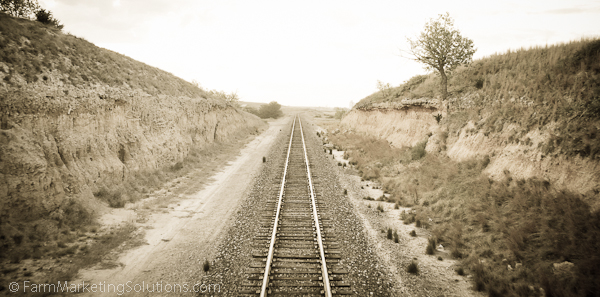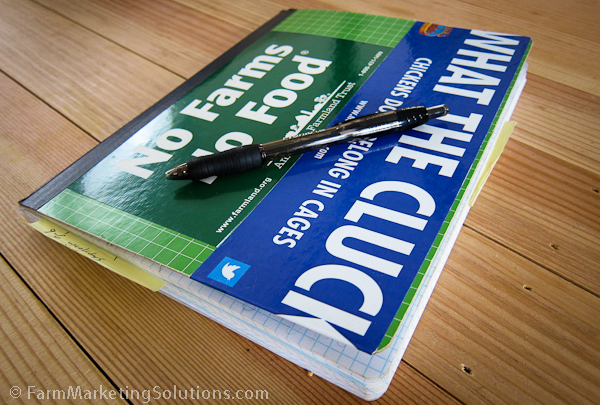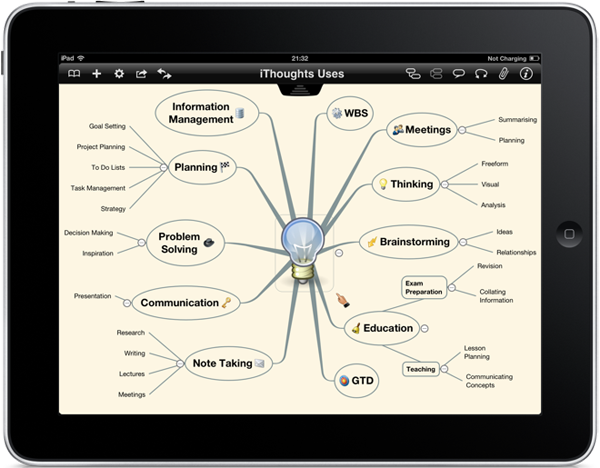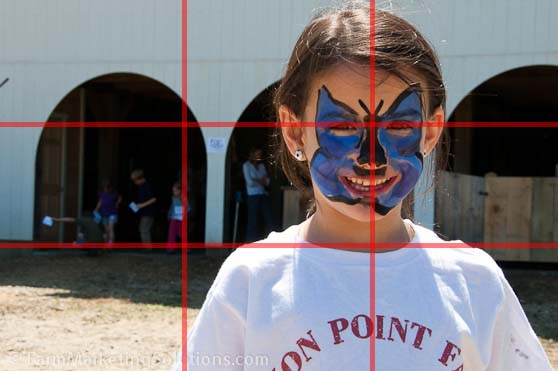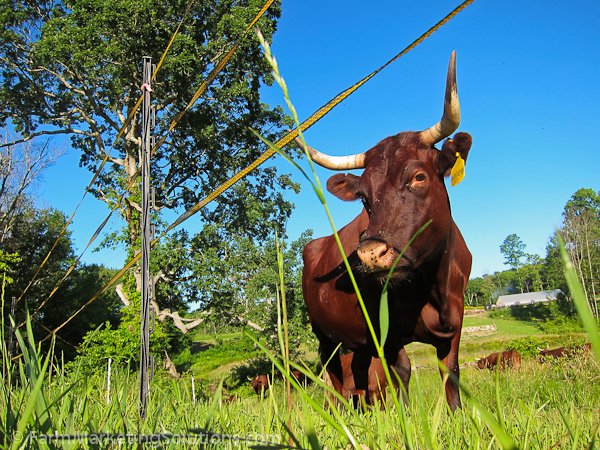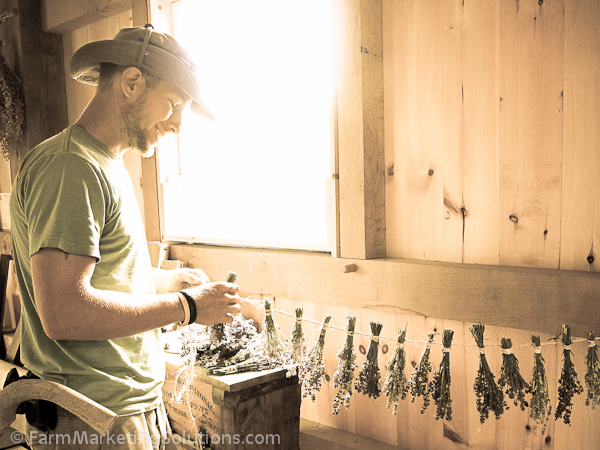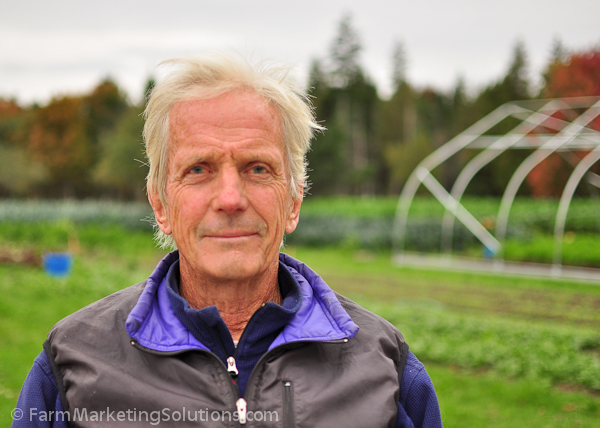GFP072: Proper Farm Planning Makes All The Difference
/Does it feel like sometimes you want to just not have a plan? If you don't have a plan then nothing can go wrong, right? Let me tell you, it is that time spent planning that helps you figure out what is going to wrong and how you will be able to handle it when things take a turn. Without my planning time and the time spent researching and organizing I would be a total wreck right now. My farm plans for the year have completely been turned on their heads several times already and we're only not just about to get into May.
Today I interview two farmers from my area that are taking their planning and analysis to make some very positive changes on their farm. I'm even going to cut the text short today and really encourage you to listen to what Paul and Rebecca have to say.
In this farm podcast you will learn:
Analyzing what your farm goals are
How farming kicks your butt every year
How farming is a business if you want to make a living off it (I know that seems obvious, but trust me)
How the CSA model can end up costing you (the farmer) a lot of money
Interview with Paul and Rebecca of Fort Hill Farm

Paul Bucciaglia
Like many small-scale, direct market farmers, Paul did not grow up on a farm. He grew up gardening at the family home in Naugatuc, CT, and studied agriculture at Penn State University and plant biology at the University of Minnesota. After spending time in mid 1990s working with Paul and Chris Burkhouse on their operation, Foxtail Farm, just northeast of the Twin Cities, Paul decided to leave the laboratory and explore small scale organic farming.
In 1999, Paul returned to New England to apprentice at Brookfield Farm CSA in Massachusetts, and later mangaged Holcomb Farm CSA in Granby, CT. After two successful seasons at Holcomb, Paul had a clear vision of what his own farm would look like. In the fall of 2002, Paul moved to New Milford and plowed the first four acres of what would become Fort Hill Farm on the sandy soils of the Sunny Valley Preserve.
Now, after many years of cultivation and the hard work of friends and family, Paul and Rebecca continue to work the land with the help of a talented crew of aspiring farmers and workers.

Rebecca Batchie
Rebecca came to farming through her combined love of plants and food. She trained in horticulture at Stonecrop Gardens in Cold Spring, NY, and then ran her own horticultural business for 10 years. During that time, she became increasingly drawn to vegetable crops and spent much of her time designing, building, and growing vegetable gardens.
Farming was a natural transition for Rebecca. She worked summers with Paul while earning a degree in Critical Social Thought at Mount Holyoke College in South Hadley, MA. After graduating in 2011, she joined Paul in running Fort Hill Farm. She and Paul joyfully welcomed their son, Luca, into their lives in July of 2013. In her “spare time,” she enjoys hiking, sourdough bread baking, photography, spiritual practice, traveling, and (in her next life), cheese making and fiber arts.
Items mentioned in this farm podcast include:
Take aways:
Are you giving away too much on your farm?
What is one thing you could track better to make your farm more efficient?
Farm Quote of the Episode:
"Productivity is never an accident. It is always the result of a commitment to excellence, intelligent planning, and focused effort." - Paul J. Meyer
--
Thanks for taking the time to listen in, and let me know what you think. You can leave a comment below, send me an e-mail, reach me on Facebook , or leave a 5 star rating in iTunes if you liked the show.


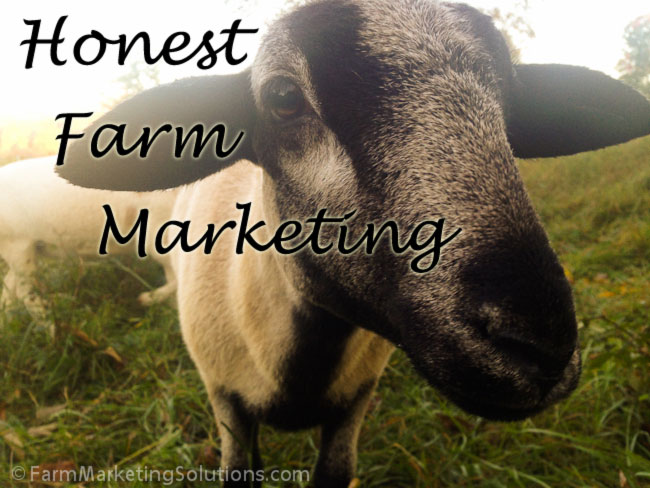 It just so happens that I really love the marketing and business side of farming. Well, I love the marketing side at least. Some of the business stuff I struggle with (here's looking at you small town zoning regulations). Whether it is social media, traditional printed materials, attending events, updating my website and keeping a blog, or just randomly walking around town kissing babies, I've tried it all.
It just so happens that I really love the marketing and business side of farming. Well, I love the marketing side at least. Some of the business stuff I struggle with (here's looking at you small town zoning regulations). Whether it is social media, traditional printed materials, attending events, updating my website and keeping a blog, or just randomly walking around town kissing babies, I've tried it all.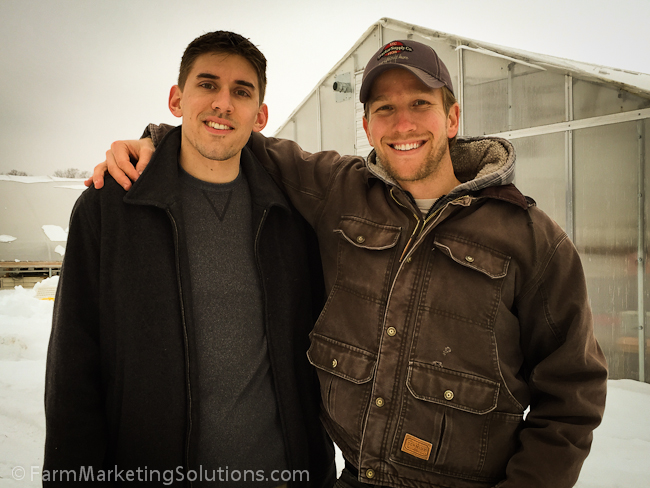
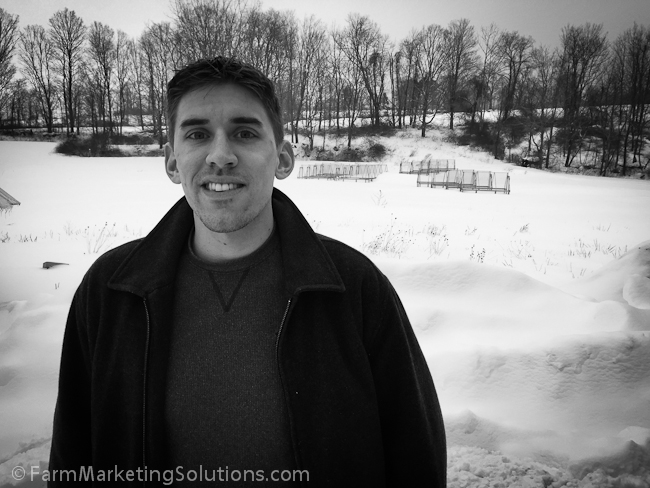







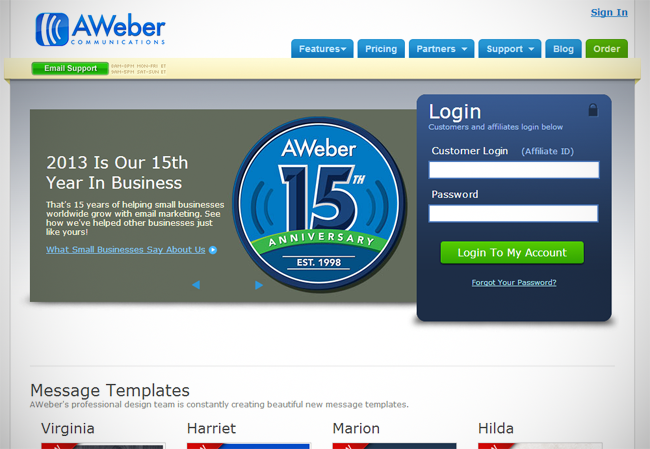
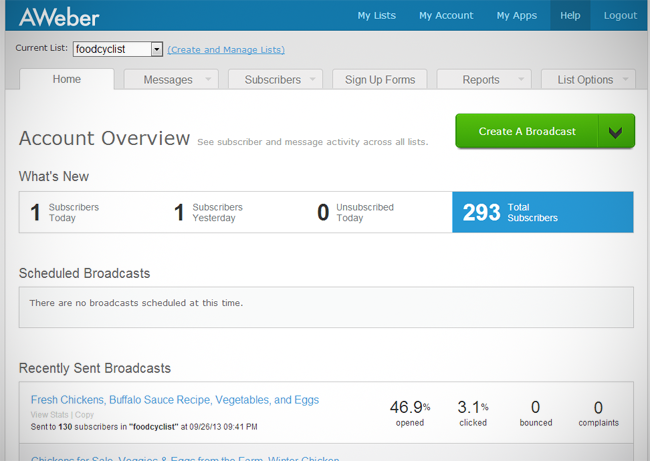
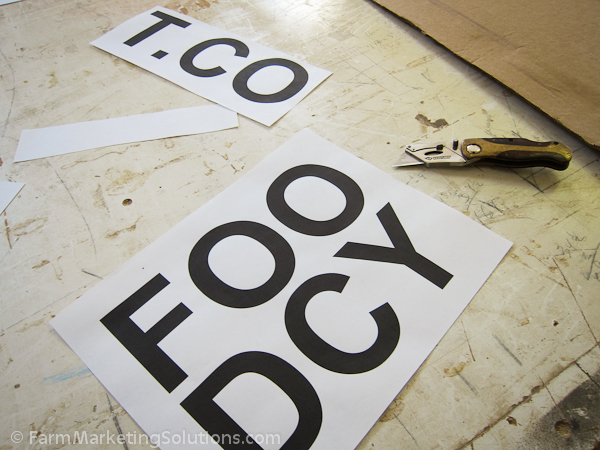
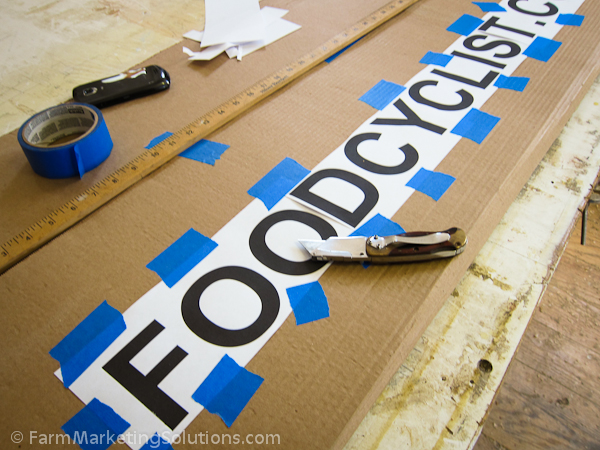
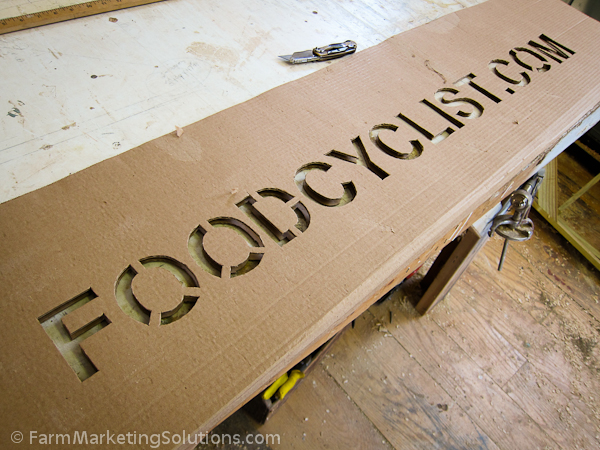
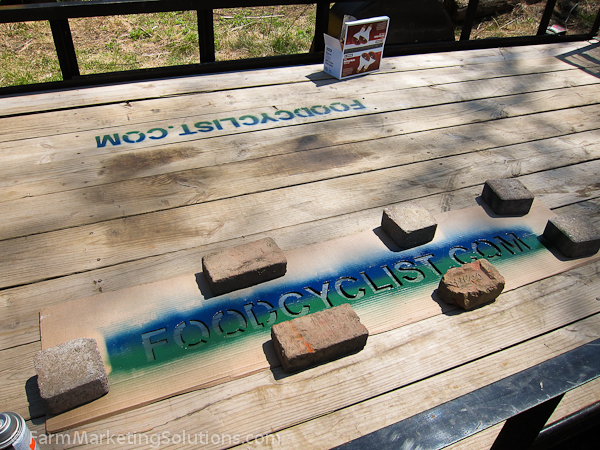
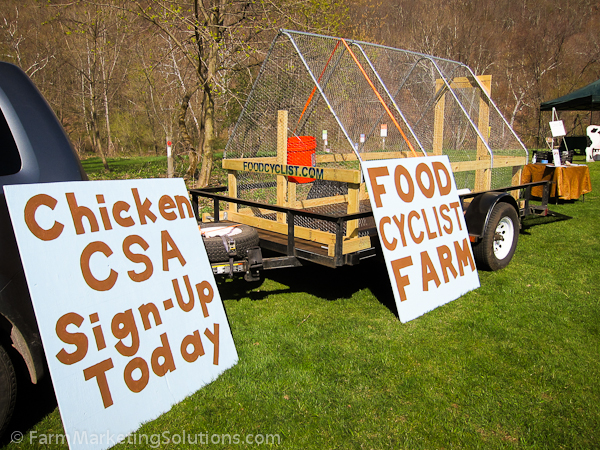
 We are always looking for more ways to interact with out customers and fans. Ever feel like you put up content on Facebook that you think is great, but it just sits dead in the water? I hate when that happens. It happens to everyone. What are some steps you can take to more actively engage your audience?
We are always looking for more ways to interact with out customers and fans. Ever feel like you put up content on Facebook that you think is great, but it just sits dead in the water? I hate when that happens. It happens to everyone. What are some steps you can take to more actively engage your audience?
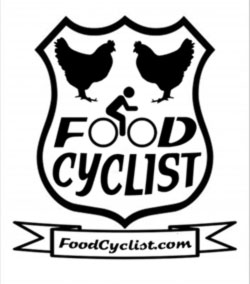 When I wanted to design a logo for t-shirts to market my farm, I got stuck. I came up with a few designs, but I could not decide between them. I decided to crowd-source my branding problems. Crowd-sourcing is exactly what it sounds like, sourcing the answers to a particular problem from a crowd of people. In this instance my crowd was my followers from Facebook.
When I wanted to design a logo for t-shirts to market my farm, I got stuck. I came up with a few designs, but I could not decide between them. I decided to crowd-source my branding problems. Crowd-sourcing is exactly what it sounds like, sourcing the answers to a particular problem from a crowd of people. In this instance my crowd was my followers from Facebook.